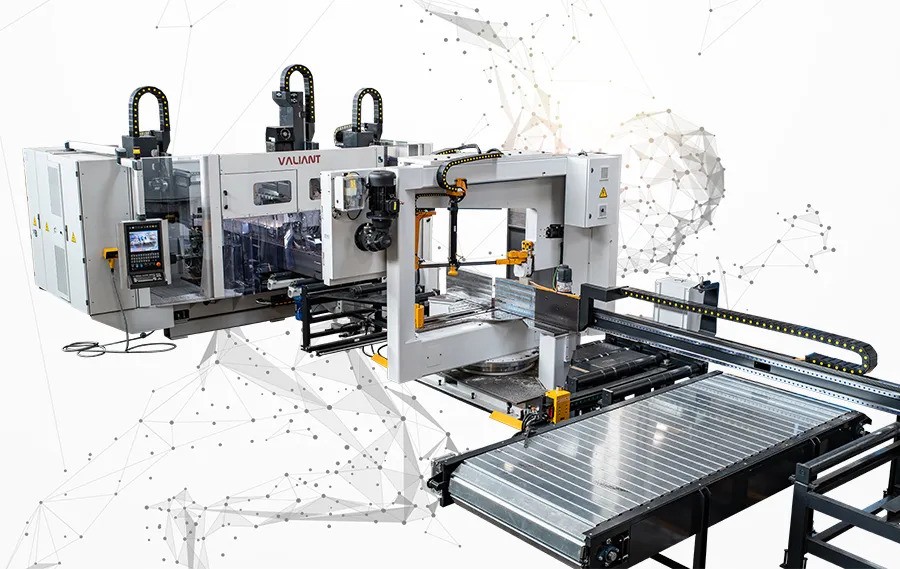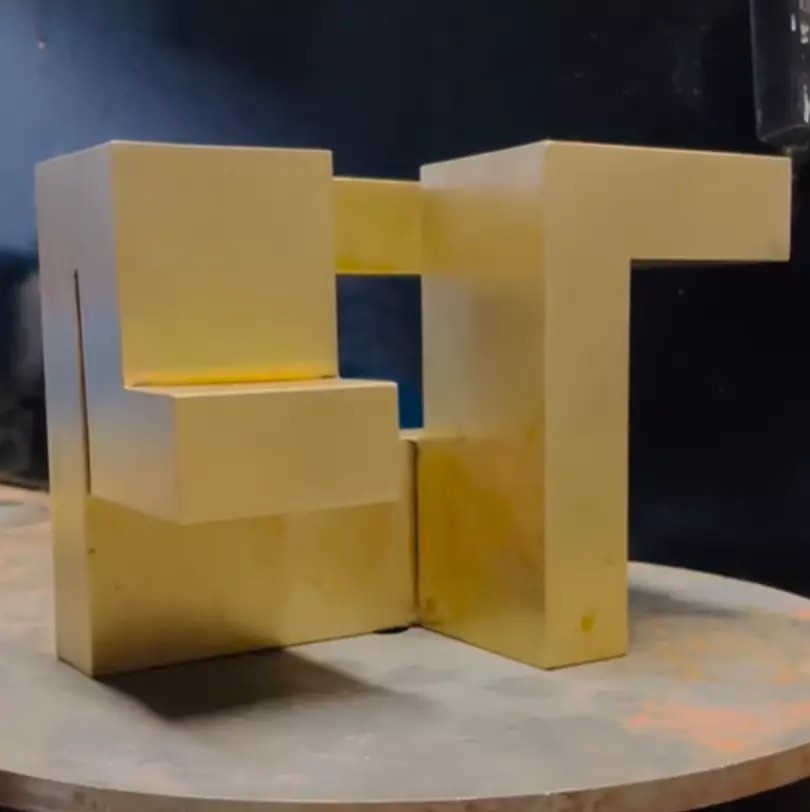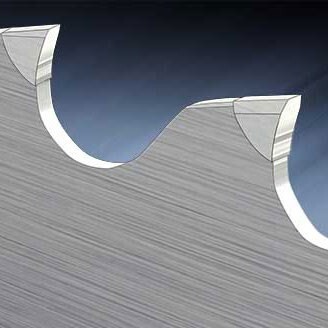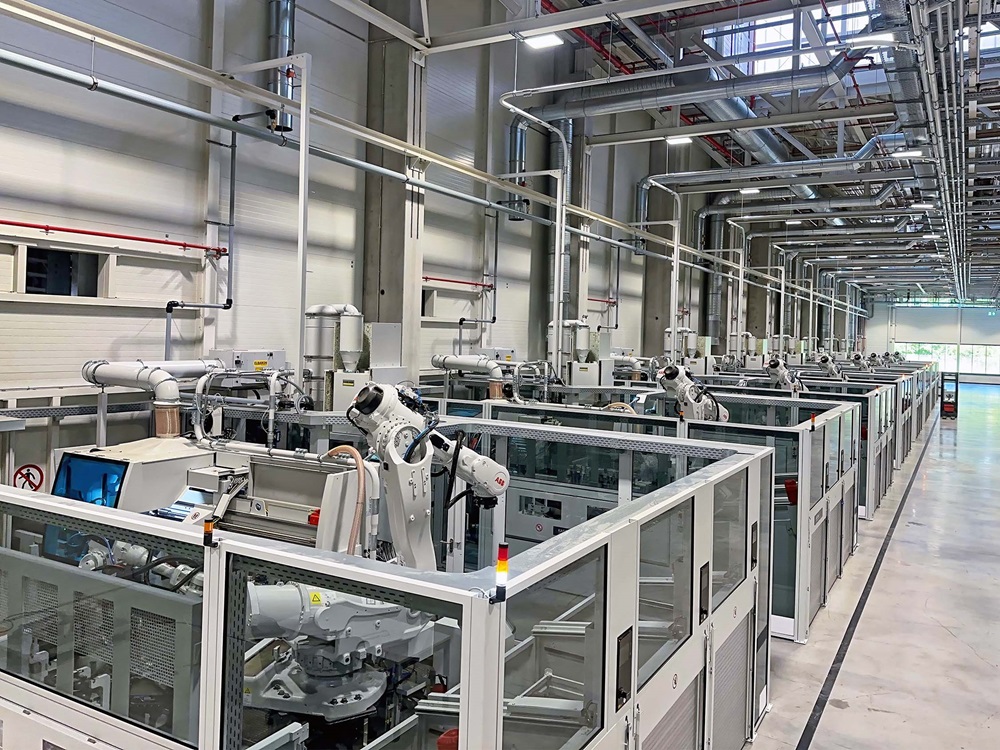In the steel construction realm, efficiency and automation stand as cornerstones for achieving top-tier quality standards promptly and reliably. Ficep, a global specialist in automated steel processing, meets these imperatives through its integrated solution featuring the Valiant drilling unit and the Katana bandsaw.
The Valiant + Katana system shines particularly bright in its swift process execution, empowered by automation and technology. This amalgamated approach reduces total processing time, outperforming scenarios reliant on specialist labour for finishing stages.
The process maintains a high level of control and predictability, aiding in streamlined production planning. With Valiant, processes such as drilling, automatic marking and milling operations come into play, leaving only welding ahead of the final painting phase. On the cutting front, Katana enables operators to execute both straight and mitred cuts up to 60° quickly.
These saws boast construction features tailored for high-speed performance, while upholding stringent cutting quality standards. Horizontal and vertical hydraulic clamps maximise workpiece stability, while robust motor power and bandsaw blade rotation speeds ensure efficient operations. Automated handling phases further enhance productivity.
The production momentum of this integrated system hinges on Ficep’s direct-drive spindles, channelling 100% of the motor power to the tool.
Notably, the integrated system’s installation stands out for its simplicity, requiring no expensive civil works. This translates to significant time and cost savings for customers, enabling quick production commencement and minimising downtime.
The Valiant + Katana system’s most significant advantage lies in its potential for full automation. With remote control via a mobile app, operators can monitor and manage the system from anywhere, optimising production efficiency even beyond regular working hours and during downtimes.
More information www.ficepgroup.com



















